If you want to keep up with the times, stop saying these words that make you sound old—stat!
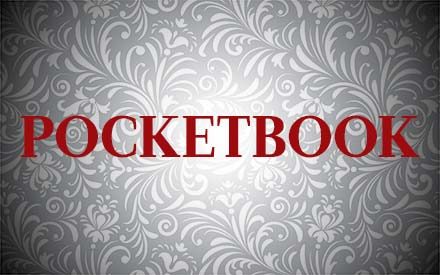
10 Words That Will Immediately Make You Sound Old

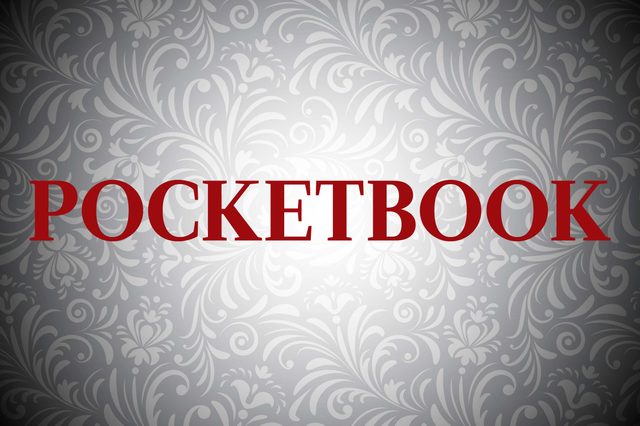
Pocketbook
This European word dates back to the 1600s, when it described a small bag for carrying coins. The name comes from—you guessed it—a small book that used to be carried in one’s pocket and also held bank notes and money. While your grandmother might still use the term, younger women tend to call their bags “purses” or “handbags.”
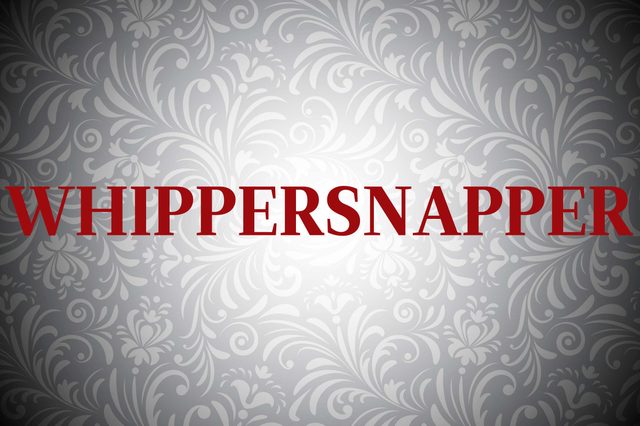
Whippersnapper
This word—an alteration of “snippersnapper”—first appeared in the 1700s as a term for petulant children. It evolved into a word describing an overconfident child or young person: “That clueless whippersnapper doesn’t know a darn thing about life!”

Tape
If you came of age in the 1980s, chances are you still use the word “tape” when it comes to recording your favorite music or ’80s TV shows, as in, “I’m not going to be home tonight to watch Knight Rider. Could you tape it for me?” With the advent of digital media, there’s obviously no longer a need to record anything on magnetic tape, but old linguistic habits die hard.
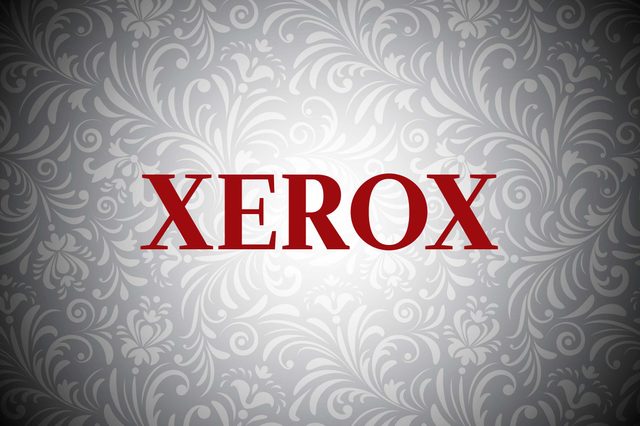
Xerox
Xerox launched its first commercially available copy machine in the 1960s. Due to its rapid success, the brand name Xerox became interchangeable with the word copy, much like the brand Kleenex has become synonymous with tissue. Today, there are many new printing companies on the market, and most workers refer to making copies as … making copies. So if you ask a younger co-worker to Xerox a document, you might be met with a blank stare.
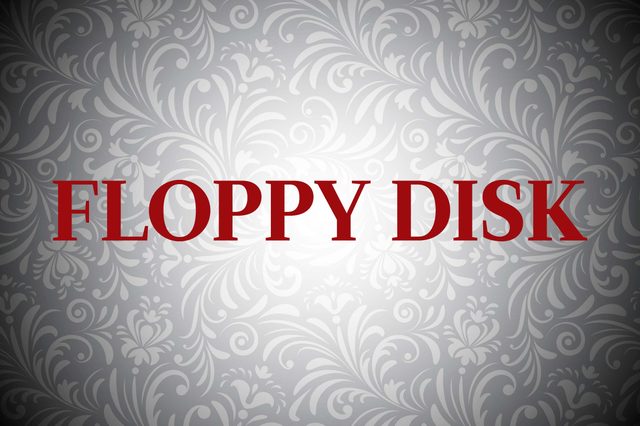
Floppy disk
If you used a computer in the 1980s and ’90s, chances are, you used a square floppy disk for file storage. As CDs became more ubiquitous, the need for floppy disks faded away, so much so that companies stopped manufacturing computers with built-in floppy disk drives. Asking a colleague to save something on a disk will certainly make you sound old, as tiny “thumb drives” or “flash drives”—plus iCloud—have since replaced bulkier storage media … for now.
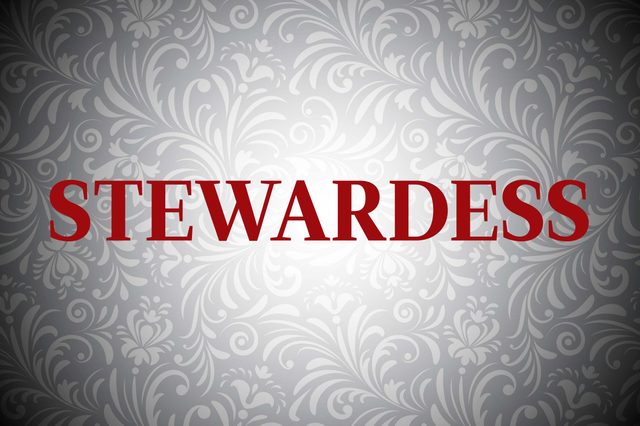
Stewardess
In the early days of air travel, flight attendants were called “stewardesses,” and they were always women. But over time, the term took on a negative connotation, since airlines often hired based on the way women looked. As more men entered the profession, and as women fought back against the gender bias in the 1960s and 1970s, the industry replaced the outdated term with the more gender-neutral title of “flight attendant.”
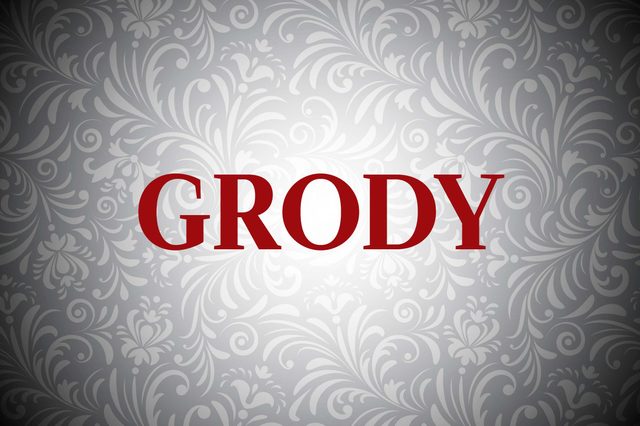
Grody
In the 1980s, California subculture—in particular, “Valley Girl” speak—spread East and into the vocabularies of teens across the country. Words like grody, a synonym for gross or revolting, became common: “Did you see Bridget’s new outfit? It’s totally grody to the max!”

Icebox
Before people had refrigerators, they used to keep food cold by placing it in iceboxes, which, quite literally, were insulated metal or wood boxes that held large blocks of ice. Once home refrigerators became more common in the 1930s and ’40s, iceboxes were no longer necessary. Of all the words that make you sound old, this one’s a real tell, because it suggests you grew up before mechanical refrigeration.
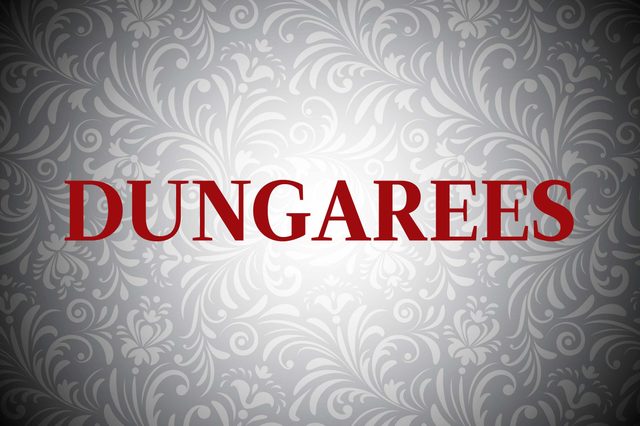
Dungarees
Today, we call them jeans, but people once referred to pants made out of heavy denim as “dungarees.” The name comes from a cheap, coarse type of cloth imported from Dongari Kilda, India. The word dungaree eventually transformed into jeans when clothing manufacturers began importing the cloth from Genoa in Italy, which is referred to as “Genes” in French. So at that point, dungarees became one of those words that make you sound old. You might still occasionally hear old-timers referring to heavy work pants as dungarees.
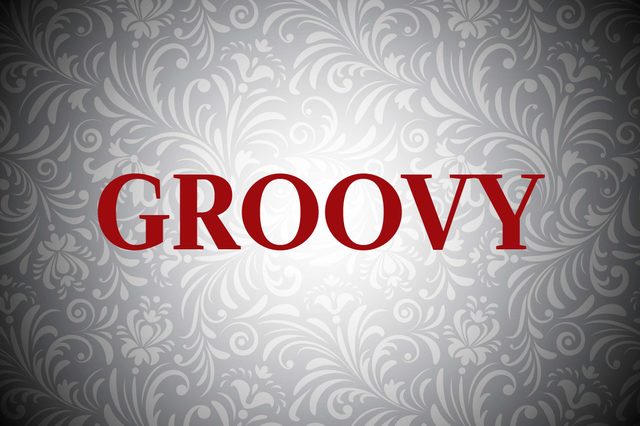
Groovy
This old-school slang dates back to the jazz age of the 1920s: It started as a term for good music, found “in the grooves” of a vinyl record. It gained widespread prominence during the 1960s and ’70s, when it was used as a synonym for excellent or cool. By the 1980s, the word was pretty much out of fashion. Today, if you refer to someone or something as “groovy” (without a hint of sarcasm, that is), you’ll sound anything but hip. It’s one of those words that make you sound old, for sure.
Why trust us
At Reader’s Digest, we’re committed to producing high-quality content by writers with expertise and experience in their field in consultation with relevant, qualified experts. We rely on reputable primary sources, including government and professional organizations and academic institutions as well as our writers’ personal experiences where appropriate. We verify all facts and data, back them with credible sourcing and revisit them over time to ensure they remain accurate and up to date. Read more about our team, our contributors and our editorial policies.



















